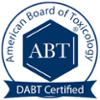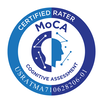"Preexisting conditions should be taken into consideration prior to initiation of potentially neurotoxic agents. It is important that the treating physician collaborate closely with a neurologist in evaluating and managing high-risk patients."
Link to original story at CancerNetwork.com
 RSS Feed
RSS Feed

